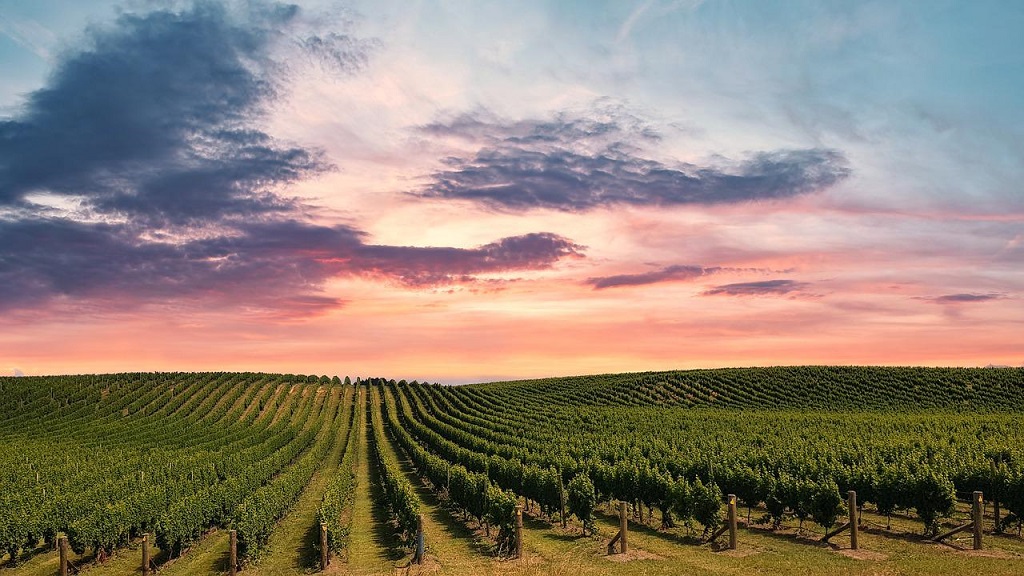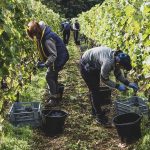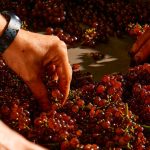Following the resounding success of the inaugural Australian Biosecurity Symposium in 2019, over 400 of the country’s leading innovative minds and influential players converged on the Gold Coast to network, brainstorm and unite under a common purpose to accelerate biosecurity reform.
The second Australian Biosecurity Symposium offered an opportunity to share research outcomes, explore outside-of-the-box thinking and exchange knowledge and ideas across the biosecurity collective – agriculture (animals and plants), pest animals, weeds, wildlife, aquatics, humans and the environment.
This year’s symposium theme was ‘a decade of biosecurity: turning a moment into a movement’. Australia’s biosecurity system faces unprecedented pressure.
The symposium provided a platform to explore how to transform Australia’s biosecurity systems to better protect the Australian economy, environment and way of life.
The symposium continued the work of the Biosecurity Collective – a shared initiative consisting of Animal Health Australia (AHA), Invasive Species Council (ISC), Centre for Invasive Species Solutions (CISS) and Plant Health Australia (PHA), to define and influence the direction of Australia’s biosecurity system towards 2030, particularly in engaging all Australians in building a stronger biosecurity system and building a mass biosecurity movement.
The symposium commenced with well-known environmental educator and television presenter Costa Georgiadis, who drew on his all-consuming passion for plants and people in his introduction.
Costa reminded delegates of their role as communication amplifiers and encouraged them to use their reach to share biosecurity moments.
“The symposium offers an opportunity to influence the direction of Australia’s biosecurity system,” he said.
“We’re focusing on biosecurity preparedness, as it’s not a case of if, but when a new biosecurity threat arrives.”
In his session about Shared responsibility for biosecurity: beyond educational and compliance-based approaches, University of Tasmania Researcher, Vaughan Higgins encouraged delegates to take an alternative approach through relational responsibility.
He spoke about shifting emphasis form key target audiences to those influencers on the peripheral to increase adoption of biosecurity practices.
Rob Delane, the Inspector-General of Biosecurity presented Towards a more accountable biosecurity system.
“The rhetoric about ‘shared responsibility’ and ‘biosecurity partnership’ articulated by the department and the post-border beneficiaries of effective prevention biosecurity measures, is not matched by a genuine, practical and sustained commitment to ‘partnership,” he said.
“The fundamental nature of biosecurity demands that all parts of the biosecurity system are alert, inquisitive, communicative, decisive and operationally disciplined.”
The final session launched the 2020s as the ‘Decade of Biosecurity’, a collaborative initiative seeking to engage all Australians in a stronger biosecurity system.
The initiative began as an outcome of the 2019 Australian Biosecurity Symposium to future-proof Australia’s biosecurity system.
With a special address by Mark Furner, QLD’S Minister for Agricultural Industry Development and Fisheries and Minister for Rural Communities, the program aims to mobilise a 25 million strong mass movement, secure sustainable investment in biosecurity, foster innovation and create a formal partnership between government, industry and the community.
This initiative is being advanced by the ISC on behalf of the National Farmers’ Federation, Landcare Australia, National Landcare Network, AHA, PHA, NRM Regions Australia, and the CISS.
“Through the Decade of Biosecurity, we seek to put industries, businesses and community members at the centre with governments so that together we can achieve a stronger biosecurity system to better protect our economy, environment and way of life” said Andrew Cox, CEO of ISC.
“We need to build a biosecurity system ready for 2030. And we need to start now. We want to ensure that every individual Australian, business and organisation recognises and understands their role and the important contribution they can play in creating a stronger and more resilient biosecurity system.”
Are you a Daily Wine News subscriber? If not, click here to join our mailing list. It’s free!
















